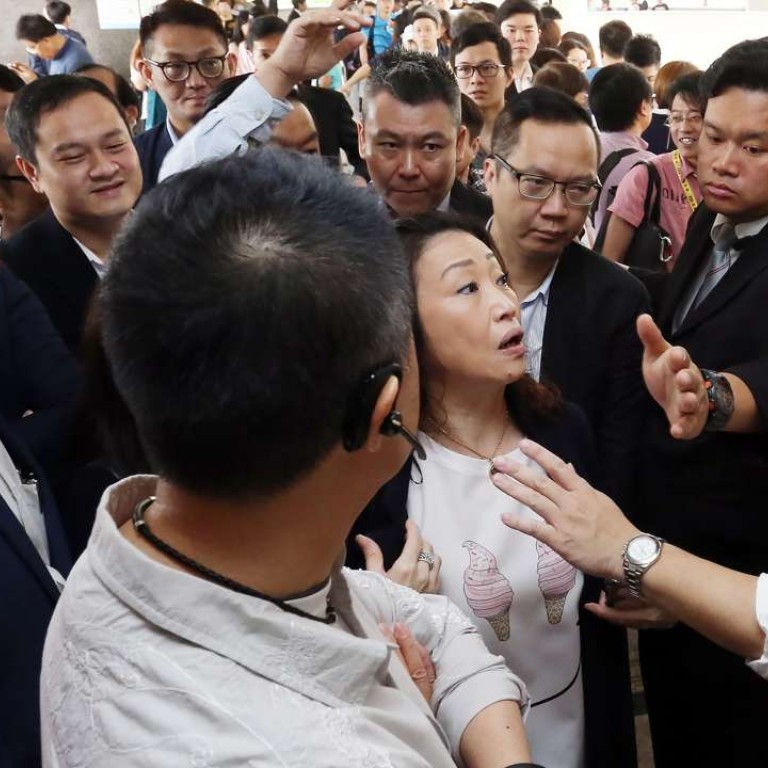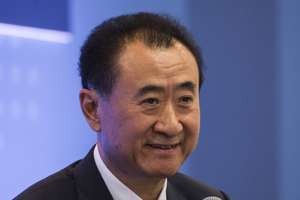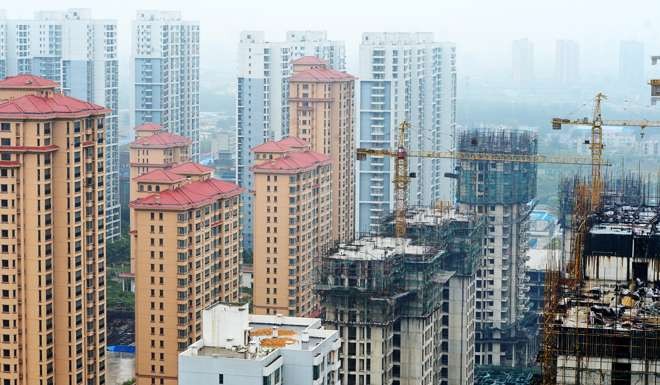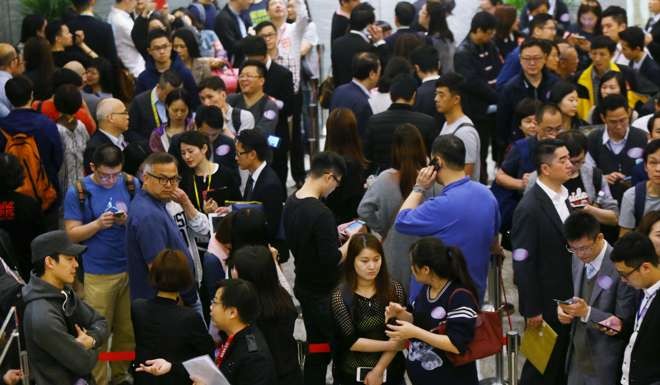
Growing calls for Beijing to step in, as mainland house prices continue skyrocketing
Analysts say control measures having little effect. Wanda’s Wang Jianlin warns of ‘biggest bubble in history’. Bank of China report says soaring prices will ‘exacerbate the wealth gap and economic woes’
Beijing is coming under increased pressure to step in and cool down the Chinese housing market, as a growing number of smaller Chinese cities across the country struggle to contain skyrocketing prices.
Industry analysts are now starting to doubt whether local moves are having any significant effect, on what has now been described by China’s richest man, as already the “biggest ever” property bubble.
The Bank of China has also weighed into the debate, with one of its senior economists saying a property bubble is “the biggest risk for China’s economy”.
As yet the central government has held back from launching any nationwide control measures, leaving individual city authorities to introduce their own measures.
Three more mainland cities introduced buying restrictions on Wednesday in an attempt to curb the frenzied buying.

Outsiders have been banned from buying a flat in Kunshan unless they have been paying income tax and social insurance for at least a year in Suzhou.
In Fuzhou (Fujian province) and Jinan (Shandong province), higher thresholds have been set for developers bidding for land this week, to clamp down on speculative buying. Bidding companies will now have to put up 30 per cent of the starting price as a deposit, raised from 20 per cent.
In Hangzhou, host city for the recent G20 summit, buyers have been flooding into its property market, ahead of an imminent local government policy tightening.

On September 18, alone, 5,105 homes were sold on the last day before new rules came into effect, a new daily number for the city.
The local authorities further tightened mortgage rules this week, after earlier banning non-local buyers from snapping up second homes in the city, in an effort rein in spiralling local prices.
“Home prices are going crazy, and governments should have stepped in earlier,” said Alan Jin, a property analyst at Mizuho Securities.
Jin said many local governments had “run out of cards”, adding the runaway market “was a problem that can only be solved by Beijing”.
“Liquidity must be tightened – policies may have some impact, but they will not reverse the situation.”
Wang Jianlin, China’s richest man and the chairman of property giant Dalian Wanda Group, entered the discussion too on Wednesday, warning in an interview broadcast on CNN, that the nation’s real estate industry was now in the “biggest bubble in history”.
I don’t see a good solution to this problem. The government has come up with all sorts of measures – limiting purchase or credit – but none have worked
“I don’t see a good solution to this problem,” he said. “The government has come up with all sorts of measures – limiting purchase or credit – but none have worked.”
Bank of China has also now raised its own red flag on the country’s runaway property prices.
Zhou Jingtong, a senior economist with the state-owned commercial lender, told a briefing to release its quarterly economic outlook report, that the soaring home prices would “exacerbate the wealth gap and economic woes”.
“A property bubble is the biggest risk for China’s economy. Property speculation becomes common practise and everyone is dreaming about windfall profits overnight … these are very dangerous,” Zhou said. The bank’s economists wrote that a red-hot property market would complicate policy decisions for Beijing.

Forecasting a 6.7 per cent headline GDP growth rate for the fourth quarter, the bank warned that while a strong property sector can help investment and overall growth, it could hurt the manufacturing and other sectors.
Average investment returns in manufacturing dropped to 5.4 per cent in 2015 from 6.7 per cent in 2006, while the investment return of listed property firms rose to 13.6 per cent in 2013 from 8.2 per cent in 2006, its figures show.
China’s new home prices rose for the 16th consecutive month in August on a month-on-month basis, according to the latest data from China Index Academy.
Home prices in Kunshan have jumped nearly 40 per cent in the past year, even outpacing its neighbour Shanghai, which saw a growth of 23 per cent during the period, according to China Index Academy data.
Deutsche Bank analysts wrote in a note on Wednesday that the property bubble has been driven by excessive liquidity, which may now have peaked.
“Macro risks would escalate, if the Beijing government remains tolerant,” they said.
Its figures show that mortgage loans accounted for 71 per cent of all new renminbi lending in July and August, compared with 34.8 per cent in the first half.


